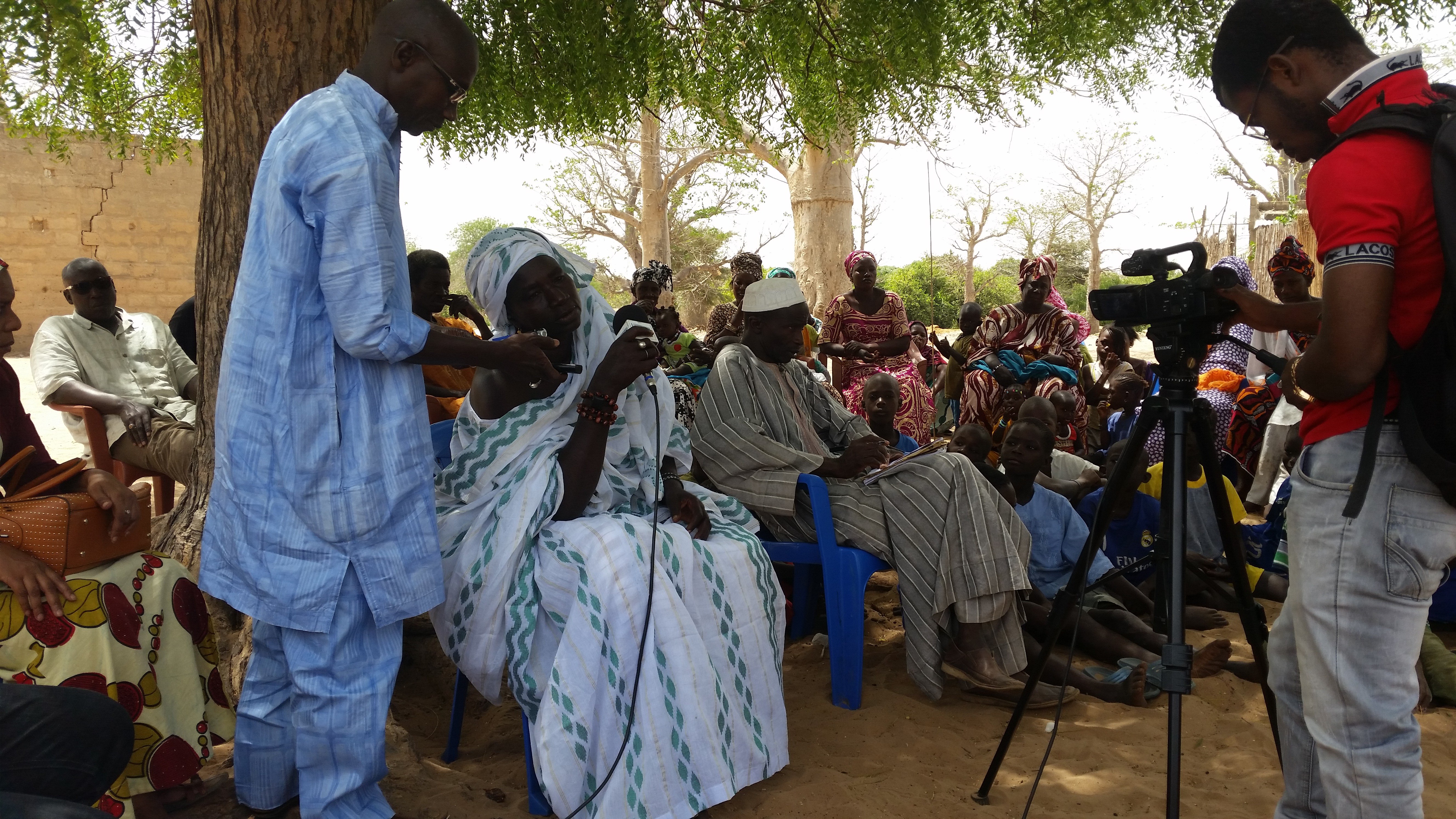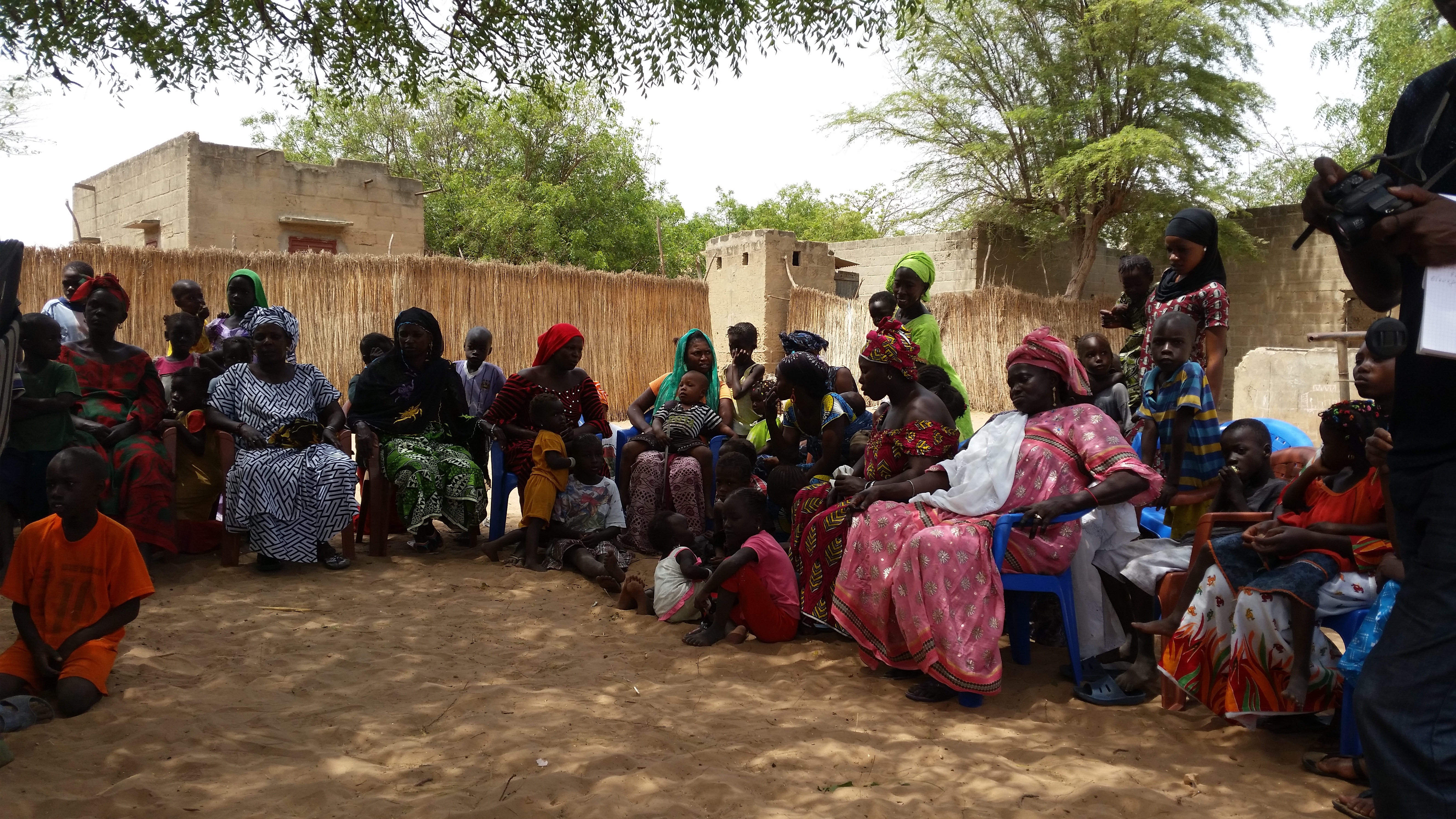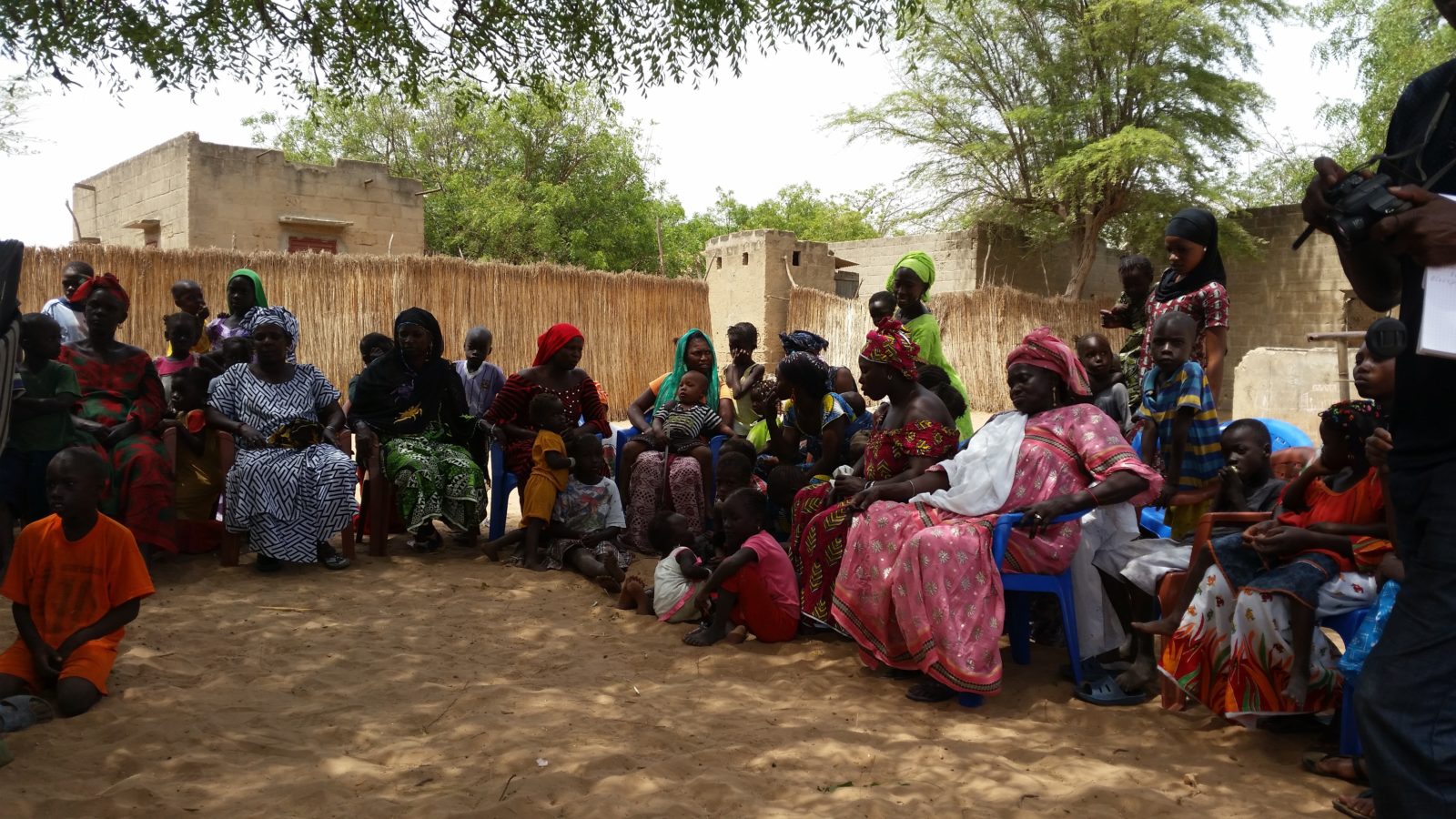Lessons from the PWYP coalition in Senegal
With the support of the FORD Foundation, the PWYP Secretariat, has been working with members in Senegal to facilitate awareness and build the capacity of civil society to ensure they can participate in the EITI implementation process in a more effective and qualitative way. The project came at a crucial time when the government initiated a revision process of the oil and gas law due to the discovery of abundant oil and gas reserves.
Two years later, as the project ends, Demba Seydi, Regional Coordinator for Francophone West Africa shares with us some key take away points.
Who has been impacted as a result of this project?
A diverse range of citizens benefited from the awareness raising and capacity building efforts. They include communities affected by extraction, members of parliament, local leaders and media. In addition, as a result of our awareness raising efforts, PWYP Senegal welcomed more than 25 civil society member organisations, including women and youth organisations, to its coalition in Saint-Louis, the northern coastal region where Cairn Energy and Kosmos Energy confirmed the discovery of abundant reserves of oil and gas.
What were the main outcomes?

A significant outcome of the project is that the coalition in Senegal is now in compliance with the MSG governance requirements. They did this by drafting and adopting a code of conduct, and by designing an EITI oriented strategic plan based on PWYP’s Vision 20/20. The coalition also contributed to ensuring that MSG representatives are accountable to the wider civil society community. As a result, the coalition has been really engaged in the validation process, participating in all meetings, including with the Independent Validator who assesses a country’s progress towards EITI validation.
By increasing their capacity, the coalition alongside the EITI secretariat, was able to facilitate knowledge and information sharing within local communities by organising community forums in all extraction regions where EITI 2015/16 reports were disseminated and discussed.
In addition, to support widespread knowledge about extractives, an Association of Journalists specialised in extractive sector was created. As result of their being included in coalition activities and field visits to extraction regions, various programs have been made for radio, TV and online platforms covering extractive activities in the country. This has also contributed to enhanced visibility and the positioning of the coalition as a key player on issues related to extractive governance in Senegal.
For other PWYP coalitions considering a similar project what are some key points worth considering?












